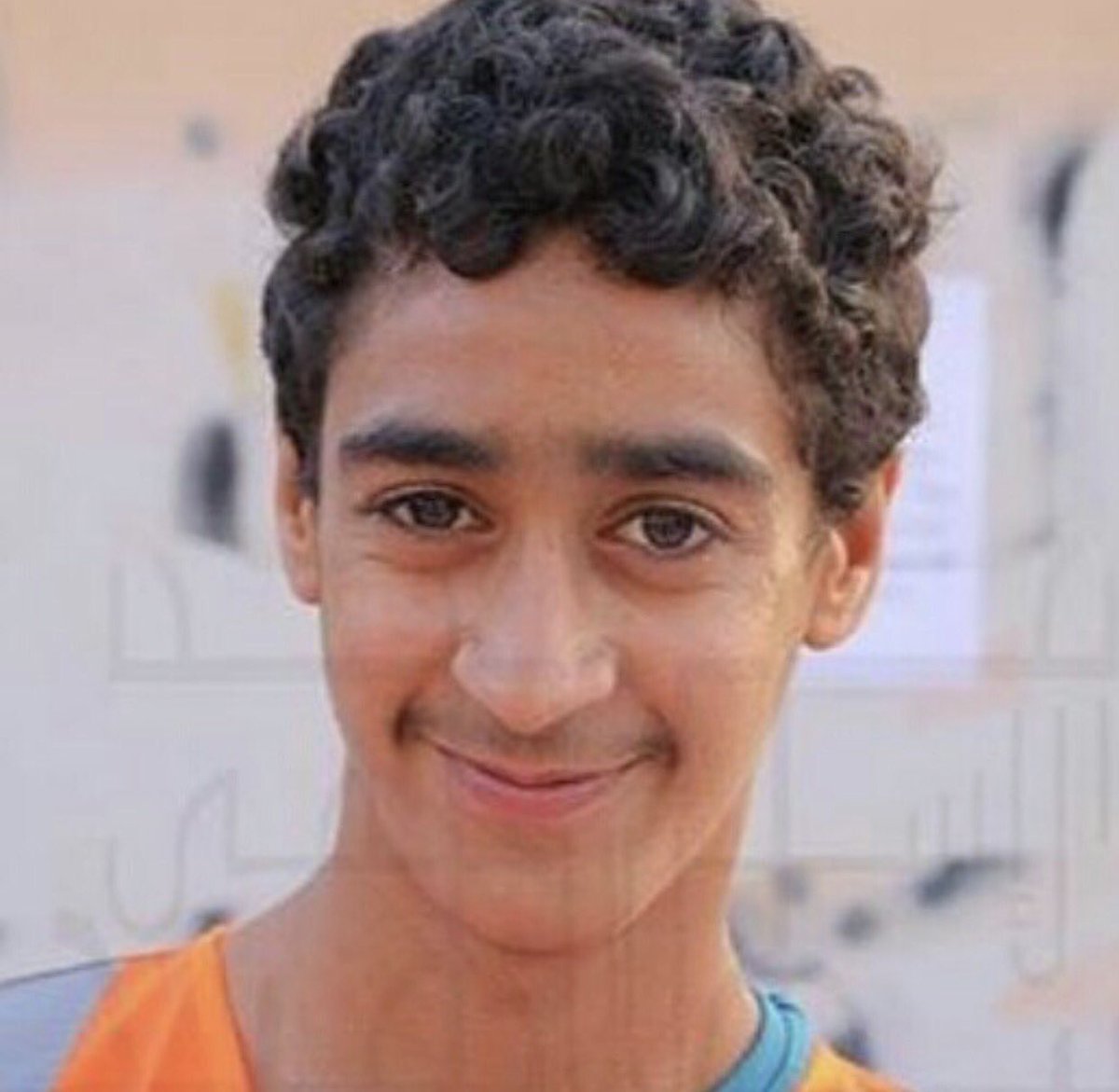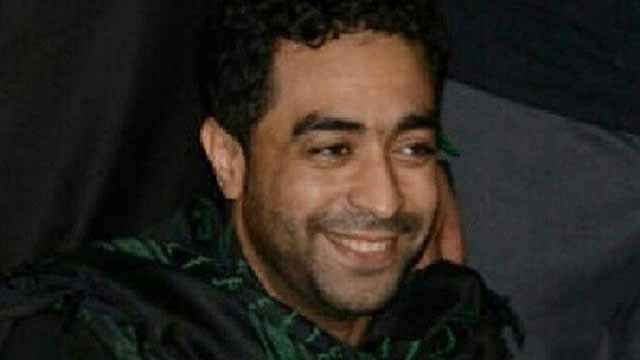To Permanent Representatives of Member and Observer States of the UN Human Rights Council
10 February, 2017
Your Excellency,
In view of the marked deterioration in the already poor human rights situation in Bahrain, and as the minimum collective action required, we urge your delegation to support a joint statement expressing concern over and calling for improvements in the human rights situation in Bahrain at the 34th session of the Human Rights Council.
The Human Rights Council (HRC) has largely remained silent on the situation in Bahrain since 35 states delivered a 5th joint statement on Bahrain at the 30th session of the HRC in September 2015. In the intervening period, and particularly since mid-2016, the situation has worsened significantly. We believe it is extremely important for HRC member and observer states to put their strong concerns about this situation on record.
Unlawful Executions and Death Row Cases
On January 17, the UN Office of the High Commissioner for Human Rights said it was “appalled” by the January 15 execution of Sami Mushaima, Ali al-Singace, and Abbas al-Sameea, charged with the murder of three police officers, citing their alleged torture in custody and the fact that “their lawyers were not given access to all the hearings against them nor allowed to cross-examine prosecution witnesses during court hearings.” The UN Special Rapporteur on extrajudicial, summary or arbitrary executions declared the executions “extrajudicial killings.”
These executions have raised concerns that King Hamad bin Isa Al Khalifa will approve the executions of two Bahrainis, Mohamed Ramadan and Husain Ali Moosa, whose convictions were based almost exclusively on confessions that Mr Ramadan and Mr Moosa allege were coerced through torture; both men later retracted their confessions. Moreover, we are deeply concerned by the fact that purportedly independent torture investigators in Bahrain, namely the Special Investigation Unit and the Interior Ministry Ombudsman, failed to investigate torture allegations in several of these cases, allowing the trials of all five men to proceed in relying on confessions allegedly extracted through torture.
Marked Deterioration in Human Rights Situation since June 2016
These cases are among the most concerning developments of the last 12 months during which time an orchestrated crackdown on the rights to free expression, assembly and association have badly undermined prospects for a political solution to Bahrain’s domestic unrest. In June 2016, Bahraini authorities dissolved the main political opposition group, al-Wifaq; jailed the country’s leading human rights defender, Nabeel Rajab; charged a prominent human rights lawyer, Mohamed al-Tajer, with offences that violate his right to free expression; further undermined media freedom by charging a prominent Bahraini journalist with working without a license; and harassed and prosecuted Shia clerics who peacefully protested the arbitrary revocation of the citizenship of al-Wifaq’s spiritual leader, Sheikh Isa Qasim. Bahrain’s courts continue to play a key role in the repressive order and have granted the authorities broad discretion to revoke Bahrainis’ citizenship. Authorities have continued to arbitrarily strip citizenship from Bahrainis who have been critical of the government, in some cases leaving them stateless.
Torture and Accountability
In the statement in September 2015, HRC members and observers urged Bahrain to “appropriately address all reports of torture and ill-treatment of detainees and ensure full investigation and prosecution of these cases.” Unfortunately, credible reports of torture and mistreatment of detainees continue to emerge from Bahrain and the authorities have made little progress in holding police and security forces accountable. In January 2017, Bahrain restored arrest and investigatory powers to Bahrain’s National Security Agency (NSA), which conducted “terrorizing” house raids and systematically tortured detainees in 2011, per the report of the Bahrain International Commission of Inquiry (BICI). The decision to grant the NSA the power to arrest and detain people reverses one of the few recommendations the government implemented in accordance with the BICI report’s 2011 recommendations.
Travel Ban
Bahraini authorities have routinely obstructed Bahraini activists from briefing representatives of member and observer states of the HRC. In June and September 2016, arbitrary travel bans prevented numerous human rights activists from attending the 32nd and 33rd session of the HRC. Those prevented from traveling included rights activists Nedal al-Salman and Abdulnabi al-Ekry; Mohamed al-Tajer, a human rights lawyer; Jalila al-Salman, the former vice-president of the dissolved Bahrain Teacher’s Society; Rula al-Saffar, a nurse and human rights activist; and Mohamed Sharaf, the president of the Bahraini chapter of Transparency International, Ebrahim al-Demistani, the formerly imprisoned medic and labour rights activist. The government refuses to allow Human Rights Watch and other independent international rights monitors to visit the country.
Conclusion and Recommendations
The UN General Assembly resolution that set up the HRC as an organ for the promotion and protection of human rights outlined the importance of non-governmental organisations in the realisation of that goal. Not only is Bahrain in clear violation of fundamental human rights, it is obstructing the HRC’s efforts to promote and protect those rights.
We urge your delegation to resume efforts to address the human rights situation in Bahrain at the upcoming 34th session of the Council and to promote and support a resolution that, at a minimum, calls on the Government of Bahrain to:
- Release protesters, activists and human rights defenders detained or convicted solely for having exercised their rights to peaceful assembly, association or expression;
- Ensure independent, thorough, and impartial investigations into all allegations of torture and ill-treatment;
- Demonstrate the effectiveness, impartiality and independence of human rights institutions, including the National Human Rights Institution, the Ombudsman, the Special Investigations Unit and the Prisoners and Detainees Rights Commission;
- Commute the death sentences of Mohammed Ramadan and Husain Ali Moosa;
- Revise or repeal laws that unduly restrict freedom of expression and freedom of peaceful assembly and association;
- Engage in comprehensive reform of the legal system to ensure effective independence of the judiciary;
- Ensure accountability for the serious human rights violations that took place during and after the 2011 protests, including but not limited to those documented in the BICI report;
- Cooperate with Special Procedures of the HRC, including by swiftly providing access to Special Rapporteurs who have outstanding requests for visits to Bahrain, most notably the United Nations Special Rapporteur on Torture and Other Cruel, Inhuman, or Degrading Treatment or Punishment.
We urge your delegation to press the Government of Bahrain to take immediate steps to reverse the alarming deterioration in human rights situation in the country. We urge you to support a joint statement as a first step towards the realization of that goal.
We look forward to continued collaboration on these issues and we remain available to provide further information as required.
With assurances of our highest consideration,
Sincerely,
- Americans for Democracy & Human Rights in Bahrain (ADHRB)
- ARTICLE 19
- Bahrain Center for Human Rights (BCHR)
- Bahrain Institute for Rights and Democracy (BIRD)
- CIVICUS
- European Centre For Democracy and Human Rights (ECDHR)
- FIDH
- Freedom House
- Front Line Defenders
- Gulf Centre for Human Rights (GCHR)
- Human Rights First (HRF)
- Human Rights Watch (HRW)
- International Service For Human Rights (ISHR)
- PEN International
- REDRESS
- Reprieve
See the letter in pdf format here.

 cy of protests following the
cy of protests following the  Oun (16 years old) was arrested a few meters away from his home. Oun is a handball player on the team of the Samaheej sports Club. His family told BCHR that he was beaten on the head at the time of arrest, and when his mother tried to talk to the officer, a security man pushed her then beat her with a gun on her shoulder. As well, Oun’s sister was slapped in the face, beaten with a gun on her shoulder and sprayed in the face with pepper spray. Marks of the attack on the shoulder were still visible on the next day.
Oun (16 years old) was arrested a few meters away from his home. Oun is a handball player on the team of the Samaheej sports Club. His family told BCHR that he was beaten on the head at the time of arrest, and when his mother tried to talk to the officer, a security man pushed her then beat her with a gun on her shoulder. As well, Oun’s sister was slapped in the face, beaten with a gun on her shoulder and sprayed in the face with pepper spray. Marks of the attack on the shoulder were still visible on the next day.
 Ahmed was injured in 2012 with a metal pellet lodged in his eye which was fired from a police shotgun during an attack on a pro-democracy demonstration. He sought treatment in a private hospital where he received the primary surgery on his cornea. A second surgery was needed to remove the bird shot from his eye, but he was arrested from the hospital by plain-clothed police officers on 13 May 2012 before this could be completed. He was reportedly
Ahmed was injured in 2012 with a metal pellet lodged in his eye which was fired from a police shotgun during an attack on a pro-democracy demonstration. He sought treatment in a private hospital where he received the primary surgery on his cornea. A second surgery was needed to remove the bird shot from his eye, but he was arrested from the hospital by plain-clothed police officers on 13 May 2012 before this could be completed. He was reportedly 







